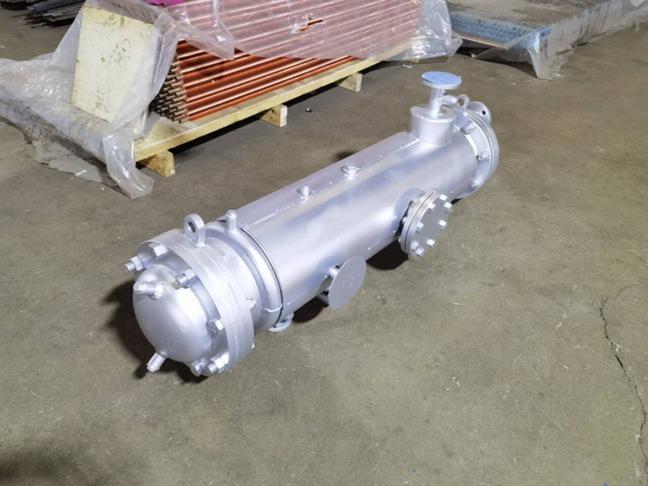Air Cooled lube oil cooler or Water Cooled lube oil cooler, Which one is best ?
choosing between an air-cooled and a water-cooled lube oil cooler depends on several factors, including application, environment, space, cooling requirements, and availability of cooling resources.
Let’s break it down to help you decide which is best for your specific needs.
Quick Comparison Table
| Feature | Air-Cooled Lube Oil Cooler | Water-Cooled Lube Oil Cooler |
| Cooling Medium | Ambient air | Water |
| Cooling Efficiency | Lower (depends on air temperature) | Higher and more consistent |
| Installation Space | Requires more space (for airflow) | Compact, can be integrated into systems |
| Maintenance | Lower (no water circuits, pumps) | Higher (risk of scaling, leaks, fouling) |
| Cost (Initial & Operating) | Generally lower upfront, low running cost | Higher initial and running cost |
| Environmental Dependence | Affected by ambient temperature | Less affected; water temp more controlled |
| Mobility / Remote Use | Ideal (no water source needed) | Needs reliable water supply |
| Applications | Mobile equipment, remote areas | Industrial plants, marine, heavy-duty use |
When to Use Air-Cooled Lube Oil Cooler
Choose air-cooled if:
- You’re operating in remote areas with no water source.
- The cooling demand is moderate and the system can tolerate higher oil temps.
- Space is not limited, and airflow is good.
- You want low maintenance and simple design.
- Used in mobile machinery, off-road vehicles, compressors, or light-duty industrial systems.
When to Use Water-Cooled Lube Oil Cooler
Choose water-cooled if:
- You need high-efficiency cooling in compact spaces.
- Operating in hot climates where air cooling is insufficient.
- You have a reliable and clean water supply (like in plants, ships, or factories).
- Used in heavy-duty, continuous-operation systems (e.g., marine engines, industrial gearboxes, turbines).
- You’re dealing with high-power engines or gearboxes that generate a lot of heat.
